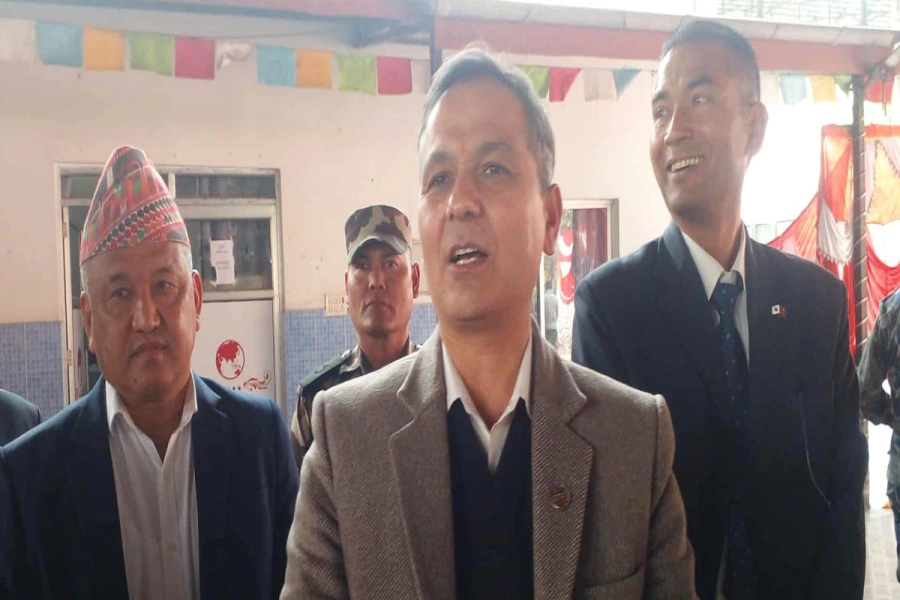KATHMANDU, Dec 23: In order to draw its focus on the legal and social challenges relating to Women’s Reproductive Health Rights, National Women Commission organized an interactive session on Friday at Indreni Foodland, Baneshwar.
Experts from legal, medical, civil society organizations and government level held an interaction in order to shed light on the scenario of women’s reproductive health rights in the country. The event further discussed on better solutions for the emerging challenges.
#Sexploration Episode 7 Reproductive Health, Education and R...

The interaction program released a video footage presenting the scenario of status of reproductive health at Janakpur, Pokhara and Dhangadi of Province 2, Gandaki, and Sudurpashchim respectively. The footage was followed by power point presentations from the legal experts. Advocate Sonali Regmi and Sabin Shrestha presented on the status of Women’s Reproductive Health Rights in Nepal with special reference to the legal framework.
Regmi’s research highlighted on four major components i.e. Availability, Accessibility, Acceptability and Quality to ensuring and properly implementing reproductive health rights. She further stressed on the fact that lack of information and awareness is leading to unsafe abortion and miscarriages in Nepal.
Similarly, Shrestha’s study critically analyzed on the legal framework relating to newly introduced Reproductive Health Rights Act and Criminal code 2074. Further analyzing the Acts, he acknowledged the acts adopting progressive provisions of safe motherhood and abortion after the state entering federalism.
“Four components of management relating to Human Resource, Infrastructure, Information and Finance should be provided the highest priority as these elements are interconnected to ensure the implementation of reproductive health rights,” said Dr Sushil Nath Pyakhurel. “Now that the act has been introduced, a set of regulations to bind the law is the need of the time,” added Pyakhurel.
Adding further Dr Devi Gurung said, “Right access to information on proper medication and reproductive health is vital for women in order to safeguard their reproductive rights in the first place.”




































